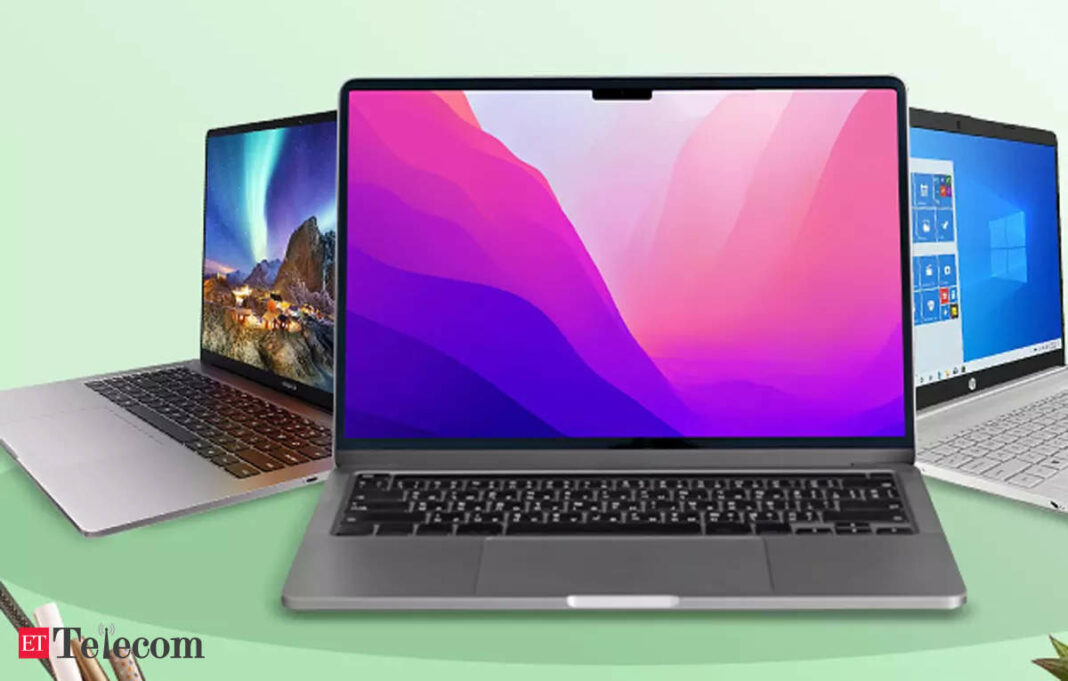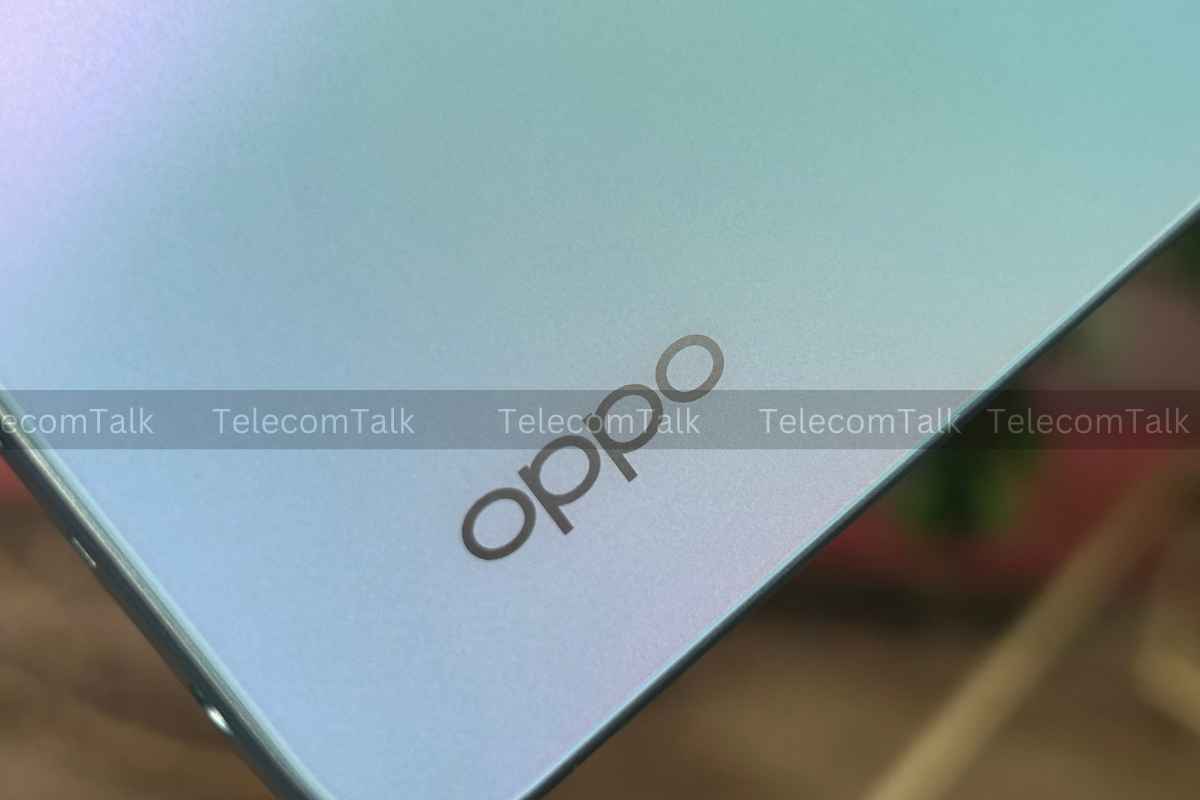In Short:
India reversed a policy requiring licenses for laptop imports after pressure from U.S. officials. The U.S. was concerned about compliance with WTO rules and impact on sales. The policy change caught U.S. companies off guard, affecting $500 million in exports. Despite India’s aim to promote local players, the sudden policy shift was seen as protectionist and damaging to U.S. firms. Modi’s government faced pressure from U.S. officials to rescind the requirement.
India Reverses Laptop Licensing Policy After U.S. Lobbying
By Aditya Kalra, David Lawder and Shivangi Acharya
India recently reversed its laptop licensing policy, which had required companies like Apple, Dell, and HP to obtain licenses for imported laptops, tablets, personal computers, and servers. This move came after lobbying efforts by U.S. officials, who expressed concerns about India’s compliance with WTO obligations and potential new rules.
U.S. Pressure and Concerns
In response to the sudden policy change by India, U.S. officials expressed alarm and successfully persuaded Prime Minister Narendra Modi’s government to roll back the policy. While the U.S. remains concerned about India’s unpredictable policy shifts, India maintains that its decisions are in the interest of all stakeholders and aim to promote foreign investments while supporting local players.
The U.S. Trade Representative, Katherine Tai, raised concerns about the policy during a meeting with Indian Commerce Minister Piyush Goyal. U.S. officials highlighted the importance of consultation with stakeholders and urged India to rescind the requirements.
India’s Response
Although some U.S. officials noted that Indian authorities acknowledged the mistake in the sudden rollout of the policy, New Delhi emphasized that the policy reversal was not a result of U.S. pressure. Indian officials cited the lack of significant local manufacturing of laptops and tablets as a key factor in their decision.
Brendan Lynch, acting Assistant U.S. Trade Representative for South and Central Asia, stated that the USTR is closely monitoring India’s scrutiny of imported devices to ensure compliance with WTO obligations and maintain a positive trade relationship.
Industry Feedback
HP, one of the companies affected by the policy, expressed concerns about the impact on its sales in India despite its efforts to promote local manufacturing. The U.S. State Department also raised issues with the protectionist nature of the policy, which was perceived as out of sync with India’s progress in improving the investment environment.





